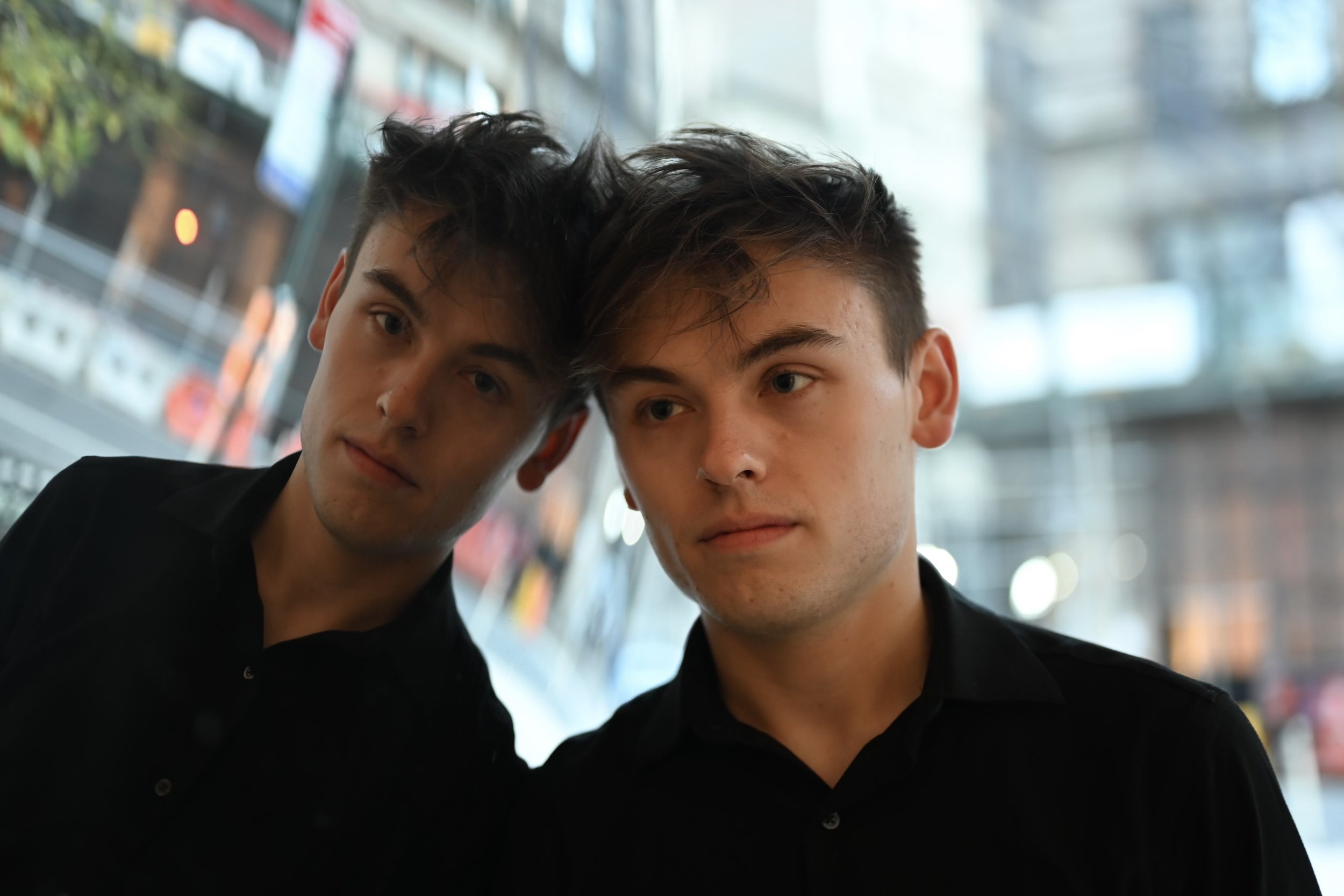Composer-keyboardist FORREST EIMHOLD has been hailed as “incredible” and “fearless” by The Boston Musical Intelligencer, “extremely impressive” by Harmonie, and as having “ably responded to the many virtuosic demands” of today’s compositional vanguard by The Washington Post.
Equally at ease when working at the cutting edge of new music as when seeking newfound insight into older music, Forrest first gained notice for having performed all five hours’ worth of Olivier Messiaen’s post-1945 organ music by age 16. His committed engagement with the music of living composers has since led to collaborations with composers like Gerald Barry, Michael Finnissy, Paola Prestini, and Judith Weir. Furthermore, as répétiteur, Forrest has helped bring world première projects to life by the likes of Du Yun, Emma O’Halloran, Arvo Pärt, and Tyshawn Sorey. A passionate advocate for historically-informed performance practice, too, he regularly plays continuo for the Grammy-nominated Trinity Baroque Orchestra—including for what The New York Times has described as “the best Messiah in New York.”
As a composer, Forrest’s music has been performed by ensembles including the Choir of Trinity Wall Street, Ensemble Dal Niente, Mivos Quartet, National Sawdust Ensemble, and Wet Ink Ensemble. Compositional honors include two National YoungArts Awards, as well as the Virgil Thompson Scholarship (from Yale University) and the Blueprint Fellowship (from National Sawdust and the Juilliard School).
Forrest has studied with pianists like Thomas Adès, Soyeon Kate Lee, Joanna MacGregor, and Julian Martin; with organist John Robinson; and with composers such as Martin Bresnick, Georg Friedrich Haas, Aaron Jay Kernis, David Lang, and Eric Wubbels. A graduate from the Yale School of Music, as well as from the dual program between Columbia University and the Juilliard School (from which he received the Louis Sudler Prize in the Arts), he currently studies music composition with Katherine Balch as part of his doctoral studies at Yale.

